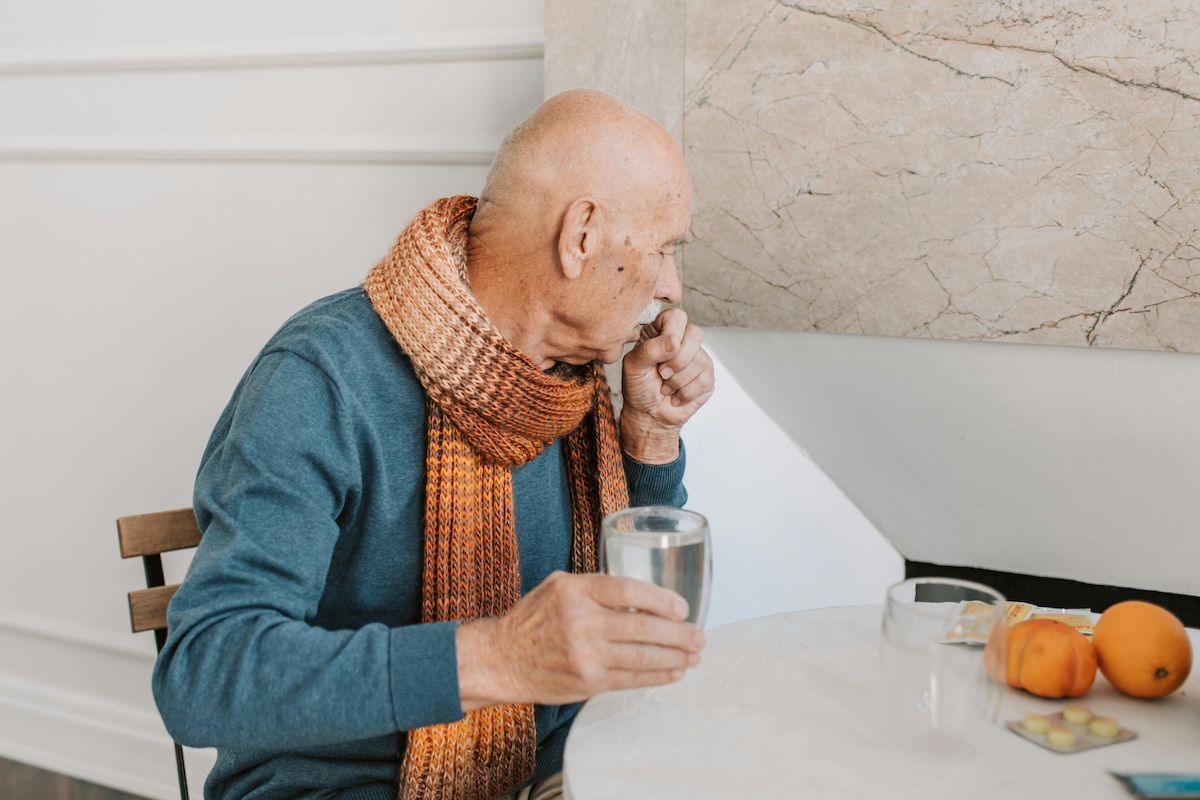When a loved one is in hospice, it can be an emotionally challenging and difficult time. But, with the right coping strategies and caregiving techniques, you can find moments of peace and strength during this time.
In this blog post, we will share some tips for being at peace when your loved one is in hospice as well as practical ways to care for them. We will also provide advice on how to care for yourself during this difficult period in your life.
How to Find Peace When Your Loved One is In Hospice
The first step to finding peace when your loved one is in hospice is to accept the situation. Acceptance can be difficult, but understanding that this is a part of life and that it will eventually end can help you find moments of acceptance and peace.
Another way to stay at peace during this time is to focus on the positive memories you shared with your loved one. Remembering their life, rather than dwelling on their death, can bring comfort and joy during this difficult time.
Be sure to take time for yourself, and don’t forget about self-care. Set aside some “me” time each day to do something relaxing or recharging such as going for a walk or reading a book.
If you are worried about missing time with your loved one, consider scheduling time to care for yourself when your loved one will be sleeping or resting. This way, you can be present with your loved one when they are awake yet still take care of yourself in the moments when your loved one is asleep.
Finding Biblical Peace With a Loved One in Hospice Care
The Bible provides us with comfort and peace during difficult times. Reading inspirational verses or prayers that speak to your heart can help you find inner strength and resilience.
Remembering that those who have gone before us are in the presence of God can provide solace and strength, knowing that our loved ones are at peace in Heaven.
Practical Ways to Care for Your Loved One in Hospice
When your loved one is in hospice, it’s important to be there for them. Spend time with them and ask how they’re feeling so you can best address their needs.
You should also make sure their physical needs are met by helping to keep them comfortable and providing support with daily activities as needed. Assist with hygiene care such as bathing, and also help out at meal times by providing nourishment if they are unable to feed themselves.
It can be a great comfort to your loved one if you bring items from home that remind them of happier times or comforting things such as pictures or stuffed animals.
How to Care for Yourself When Your Loved One is In Hospice
When a loved one is in hospice, it can be easy to forget about self-care. But doing this will help you stay strong and give you the energy to provide care for your loved one.
Make sure you take time each day to get enough rest and relaxation. Also, make sure that you have a good support system in place with family and friends who can help out when needed.
Finally, if needed, don’t be afraid to seek professional counseling or therapy during this tough time.
Dealing With Anticipatory Grief
Dealing with anticipatory grief is a difficult process, but it’s important to remember that grief comes in stages and is different for everyone.
It can be helpful to focus on the present moment rather than dwelling on the future loss. Also, find activities or hobbies that bring you joy as these can help keep your mind occupied and provide comfort during this difficult time.
Don’t be afraid to talk about your loved one and all the wonderful memories you share with them. Sharing stories and talking about how much they mean to you can help provide closure when their time comes.
In Conclusion
When your loved one is in hospice, it can be an emotionally challenging time. But by following these tips for being at peace when your loved one is in hospice as well as practical ways to care for them and yourself, you can find moments of peace and strength during this time.
Above all else, remember to take care of yourself during this difficult period in your life. Finally, if you need further assistance, don’t hesitate to reach out to our team for professional help.
Related Questions
How do I provide emotional support to my loved one in hospice?
Providing emotional support to your loved one in hospice care involves being available, listening without judgment, and validating their feelings. It is also important to provide comfort and reassurance during this difficult time.
You can do this by offering kind words of encouragement, sharing memories, reading or listening to music together, praying with them, spending quality time together, and giving hugs when appropriate.
What resources are available for family members of someone in hospice care?
There are many resources available to families of those in hospice care. These include support groups, counseling services, and educational materials about the process and how to cope with it.
In addition, hospice providers often provide bereavement counselors or grief counselors who can help you work through the emotional pain of losing a loved one. Other community resources, such as faith-based organizations, may also be available.
It is important to take care of yourself and your loved one during this difficult time and know that you are not alone. There is support available for both of you during this trying process.
What should I consider when helping a loved one make decisions about hospice care?
When helping a loved one make decisions about hospice care, it is important to consider their physical and emotional needs.
It may also be helpful to discuss the various types of services available, patient rights, financial responsibilities, and quality of life considerations. Additionally, you should ensure that your loved one has an advance directive in place so their wishes are known and respected if they become unable to make decisions for themselves.
Above all, it is important to ensure that your loved one feels in control of the process and understands their options. This can help provide comfort and peace of mind during this difficult journey.


